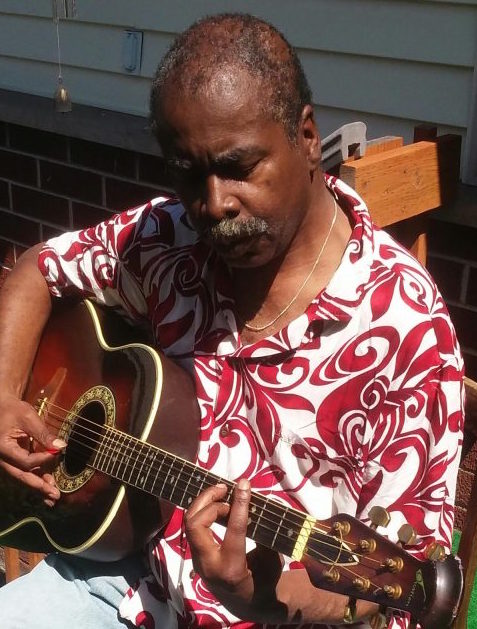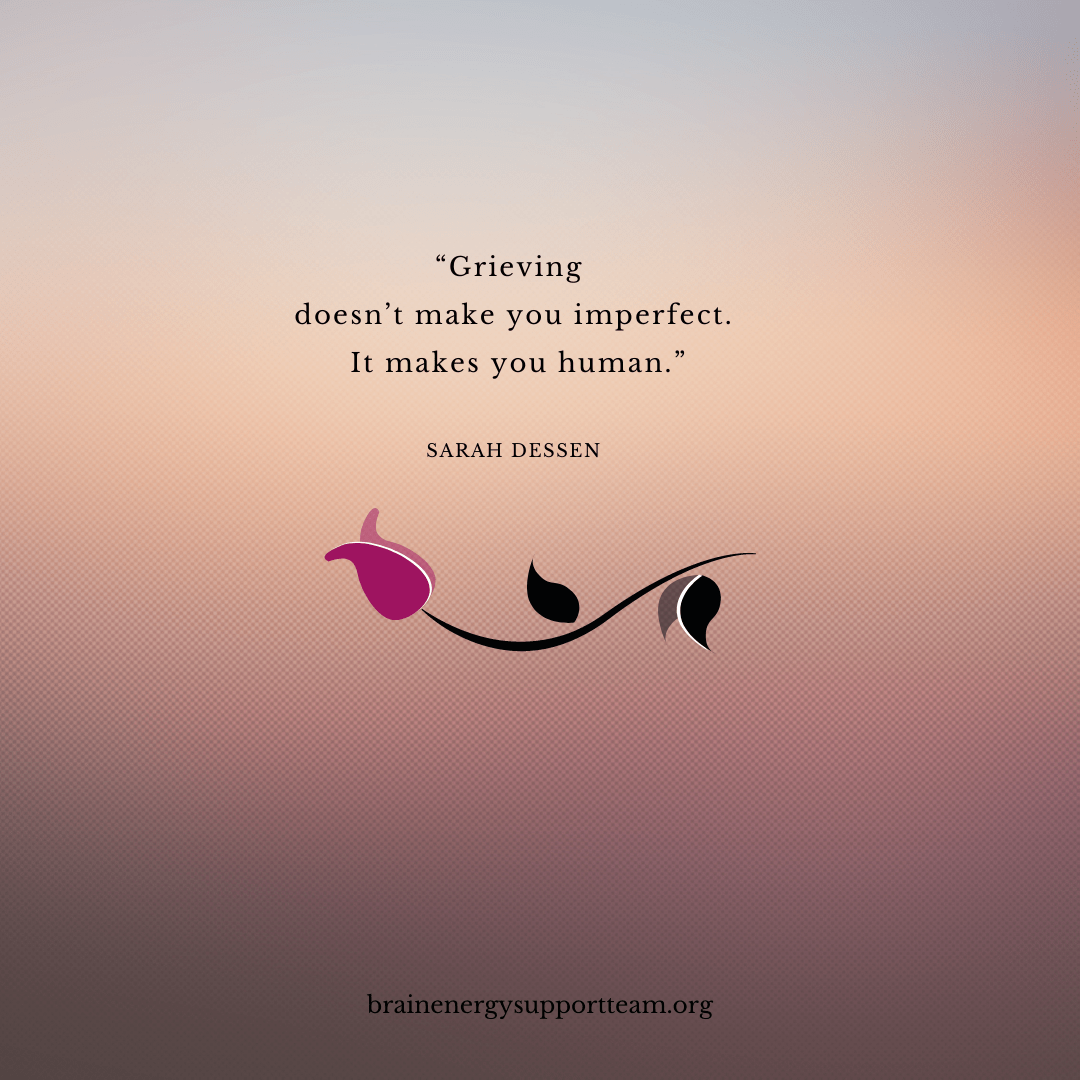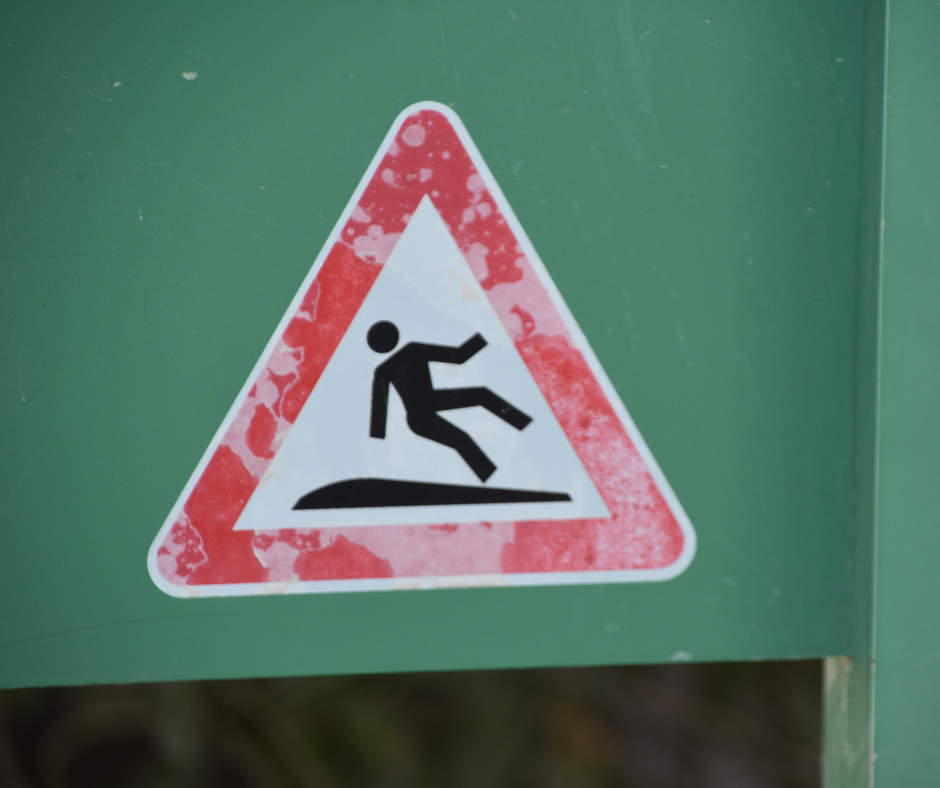One thing I’m glad about is that my brain injury rarely made me feel isolated and alone, like with so many other brain injury survivors. I did feel it briefly a few times, but that was because soon after I was discharged from the hospital in St. Paul I was shipped to Tacoma, where I didn’t know anybody but two of my sisters.
But isolation and loneliness are a consequence for many, if not most survivors. I’ve been wondering why it’s that way for so many and I haven’t been able to come up with much of any real biological cause for that TBI side effect.
Where else could that loneliness come from? Definitely one of those things that make you go hmmm…
Let me think out loud for a few minutes here.
I know; let me talk about it through my communication background. Communication can get kind of complicated and involved, so I’ll break it down into bite-sized chunks.
What does your communication behavior communicate about you? Nowhere near all of your communication behavior is deliberate. What you say or think you are saying is open to interpretation by a listener or observer. What are you actually communicating to others?
Here’s one: Continually talking about your brain injury
This can make some people tune out in a hurry. It’s natural to be thinking about your injury all the time when you’re a TBI survivor, and in fact, it’s impossible not to think about. Your brain injury is with you 24 hours a day, but some people can’t handle hearing about it every time they see you.
Some others:
Having attention, concentration and memory problems, having difficulty focusing on a topic of conversation for more than a few minutes
This can make you seem bored or uninterested in what someone else is saying. Repeating questions you’ve already asked (I had a bad case of this early on after my TBI) happens when short term memory makes it next to impossible to keep track of a conversation, even on your end of one. To people who don’t know about your brain injury you can come off as feeble-minded or scatterbrained.
Interrupting or “speaking out of turn”
This can be traced back to difficulty concentrating or focusing. It’s not your fault, but to others it can be interpreted as rudeness or lack of consideration for others.
Speaking without any emotional inflection
Depression happens with a lot of TBI survivors but not all. Constantly speaking in a “flat” tone. Speaking in a monotone for any length of time can make you come across as bored and uninterested.
Slower information processing and mental fatigue
With your brain busy trying to heal itself, you use up an awful lot of mental energy. To heal, some parts of the brain still work but don’t have as much energy to work with. It’s not possible to keep all the brain cells and neural pathways available to all the sensory cues you pick up from your surroundings and process them as quickly as they did before your injury. That can make it pretty hard to keep a conversation going, especially fast-moving or detailed conversations. Taking in too much external input can make your brain feel like it’s shutting down, something most people without a brain injury just can’t relate to.
Difficulty connecting concepts or objects with words
This isn’t something I thankfully never had to deal with, but some survivors do go through, depending on which area of their brain is injured. This can cause some survivors to come across as dull-witted and slow, even though they normally or not. When they just can’t think of the words to say because the concept isn’t quite clear to them is something some survivors just can’t help. If the other person is speaking about a topic or object you can’t connect with, even the most simple ones, you are not projecting much intelligence to the other person. Keep in mind that many people simply do not, cannot, or will not understand your condition and your difficulties communicating. This lead to them being annoyed, frustrated, impatient and wanting to disengage with you.
There are other conditions and difficulties than these, but I hope you get the gist.
You are not quite the same person your friends knew before and they may not understand and so can’t understand why you don’t communicate the way you had before. .As much difficulty as you may have being a survivor, others have just as much difficulty trying to communicate. These people are not necessarily insensitive or uncaring—it’s just that the experience of communicating with you may just put those people in a mutually uncomfortable situation. Their keeping distance may just be their way of avoiding their own discomfort. They may not understand that you are not doing these things on purpose or what their response is doing to you. You want to be understood, and so does the other person.
Some people may just stop trying. Your friends were comfortable with you the way you were, and may not understand you are not that person any more. They may have gotten locked into the way things were between you before and just don’t know how to adapt to who you are now. And it may be difficult to see you as you are now.
So what can you do to change any of that?
I can’t tell you because I don’t know. What I can do, hopefully, is to give you a possible dimension of your loneliness and isolation to think about. You may not be able to change things, but being aware of the effect you have on others may help.
It’s not your fault you have a brain injury, and it may not be the other’s fault for reacting as many people do who can’t relate to your injury. As much as you need to understand the way you are now, I hope you will do your best to understand others.
The best I can do is to urge you to be yourself. You’re not the same person you were and may not ever quite be that person again. But at least you can work on being comfortable with yourself.
 | Isaac Peterson grew up on an Air Force base near Cheyenne, Wyoming. After graduating from the University of Wyoming, he embarked on a career as an award-winning investigative journalist and as a semi-professional musician in the Twin Cities, the place he called home on and off for 35 years. He doesn’t mind it at all if someone offers to pick up his restaurant tab and, also, welcomes reader comments. Email him at isaac3rd@gmail.com. Read more articles by Isaac here; https://www.brainenergysupportteam.org/archives/tag/isaac-peterson |
|---|






